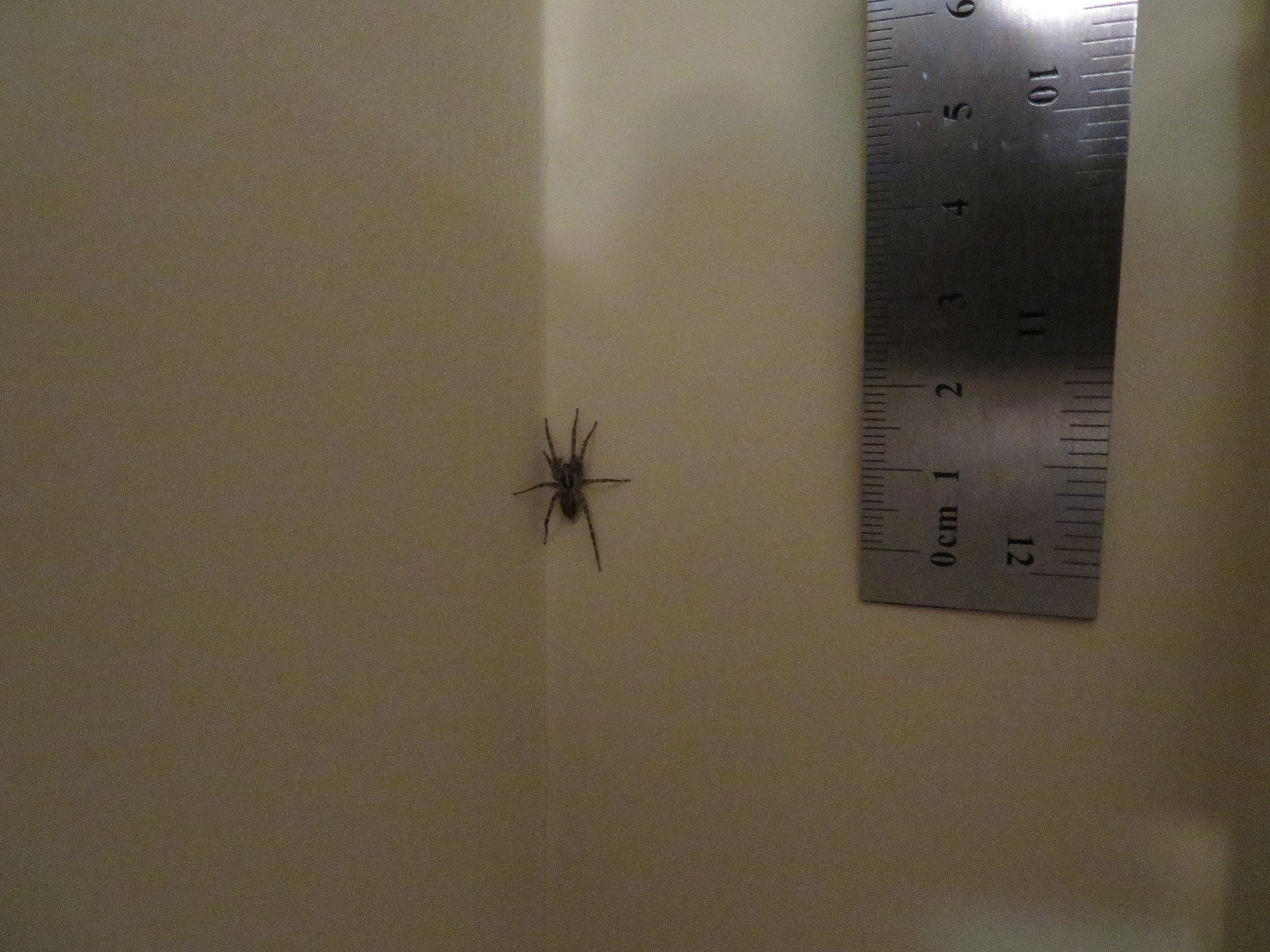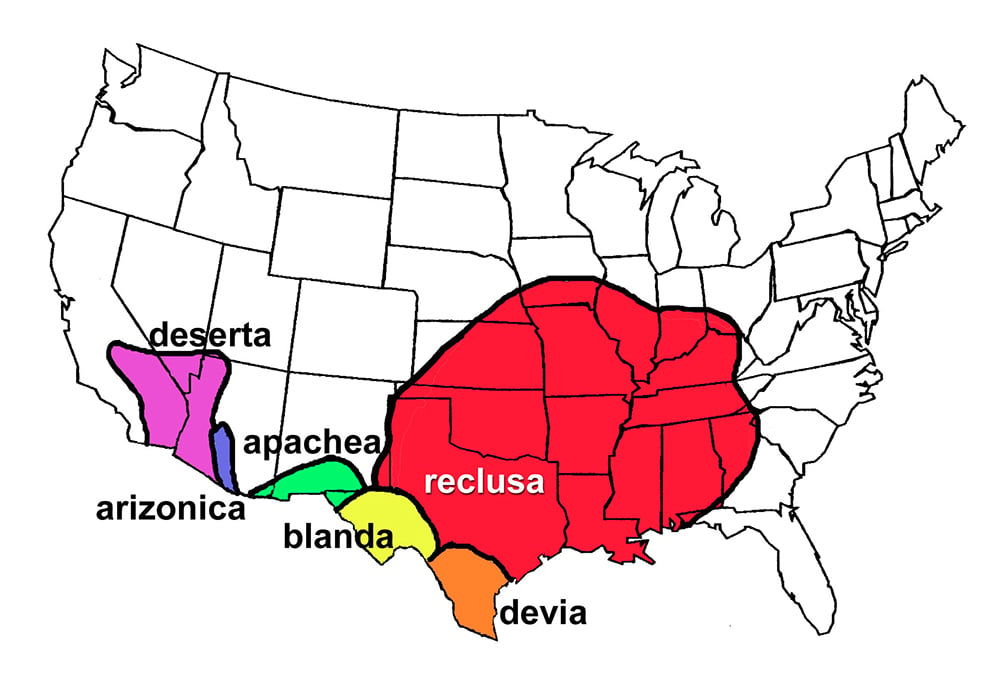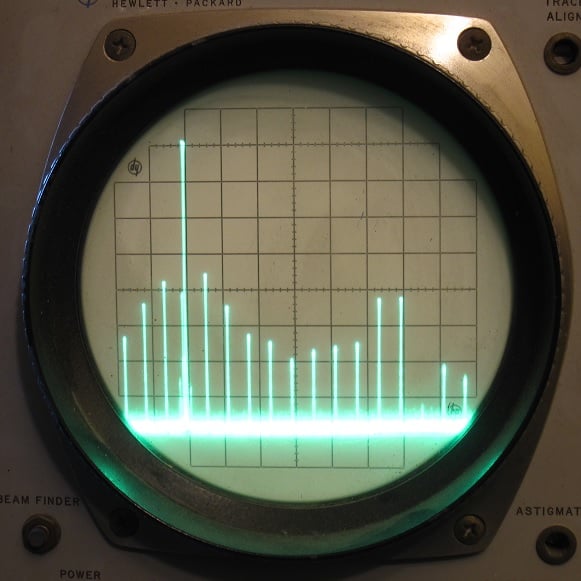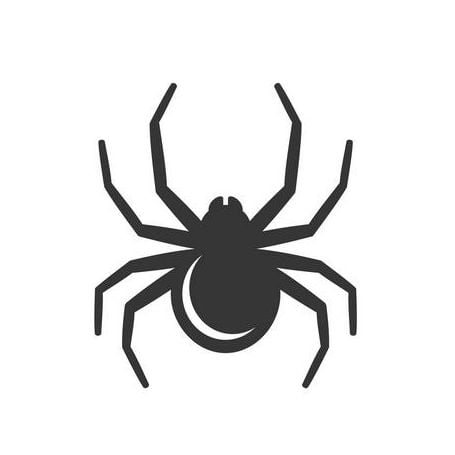I apologize for the sub-optimal lighting in a slightly dark corner of my living room.
Does anyone have any thoughts on what this might be? The location is North Carolina, USA. I’m no expert, but looking around at some photos, my best guess might be a grass spider of the genus Agelenopsis. Hopefully this isn’t too mundane of a spider for this community.
The size I would estimate is around 15mm or so. Fortunately, they were a very cooperative photography subject and did not move while I went and grabbed a ruler for the last image below.




Probably a Wolf Spider. They eat other bugs so they’re nice to have around. If the food dries up it’ll leave. They aren’t aggressive and only bite if provoked.
Yep, this is a wolf spider. Good to have around any outdoor light fixtures.
It’s not a wolf spider. The long spinnerets and the eye position (3rd pic) makes this an Ageleniid.
Ah, interesting. Spinnerets is a new word for me, and it seems like it refers to the two things at the rear. The things near the eyes are called Palps. Either way, cool!
Thanks for the downvote, by the way. I need to be put in my place.
Had one of these guys jump out of my shoe once when I was a kid. Felt something weird and did the shoe shimmy and it took it as it’s chance for freedom and lept out the side. Kinda surprised I didn’t get bitten for that one.
I agree. Hard to narrow it down more than that though…
I don’t think there’s such a thing as “too mundane of a spider”.
It’s not a wolf spider, but a funnel weaver from the Agelenidae family, so you were in the right area with grass spider.
Reminds me of a brown recluse, but I can’t say for certain that that’s what it is
Just going to put this here: https://archive.is/PjzSG
TL;DR: Brown recluse mythos is driven by word of mouth and are MUCH less dangerous than you probably think. They can be dangerous but our collective fear of them is specious.
Too hairy
It’s in NC too, there’s shittons of recluses in NC.
No, there aren’t.

Your map is simply wrong. They go as far north as Wisconsin.
It’s possible for some individual specimens to hitch a ride outside of their native distributions, but those finds will be rather rare.
It is not “my map.” It is a map of rigorous sampled field driven study from entomologists throughout the country.




